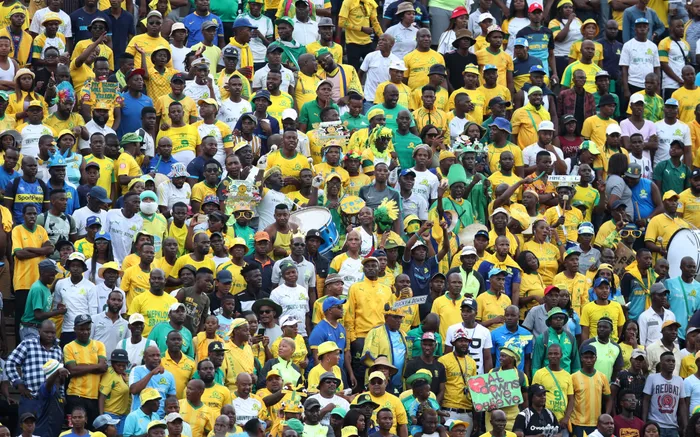SA sports must capitalise on the chance to shape sustainable future

South African sport must make the most of a gilt-edged opportunity to shape a sustainable future as it picks itself up by its bootstraps during the Covid-19 outbreak. Photo: Muzi Ntombela/BackpagePix South African sport must make the most of a gilt-edged opportunity to shape a sustainable future as it picks itself up by its bootstraps during the Covid-19 outbreak. Photo: Muzi Ntombela/BackpagePix
South African sport must make the most of a gilt-edged opportunity to shape a sustainable future as it picks itself up by its bootstraps during the Covid-19 outbreak.
Since March, sports administrators have had to deal with the pandemic which has made for extraordinary times.
Toby Sutcliffe, the chief executive at the University of Pretoria’s High Performance Sport Training Centre, says the guardians of SA Sport must “think outside the box” as sport prepares to resume in the country.
Many codes of sport have held annual elections recently and a few more are in the pipeline over the next few weeks. Sutcliffe says these elections will be crucial for the future of SA sport.
“There is no better time than now to unite and agree on a sustainable plan for the future. If we manage to do so all in sport will reap the rewards,” said Sutcliffe.
“We must be wary of the ‘Travel and Tracksuit Brigade’ because people place their selfish interests above anything else. As a result, players have competency trust issues. We need people who are honest and credible to run sport.
“We in South Africa need to learn to put our aspirations behind us.”
Sutcliffe believes there will be changes on the sporting landscape. It will not be ‘business as usual’ when the pandemic is over. Sport will, however, remain an integral part of Mzansi life.
“At times, sport has united us as a nation. One only has to cast one’s mind back to the 2010 World Cup, and the three Rugby World Cup wins in 1995, 2007 and 2019,” said Sutcliffe.
“Mass participation makes up an essential contribution to the physical and emotional well-being of individuals.
“Unfortunately, this does not equate to sports being a priority after the pandemic. The sports industry contributes only 0.5% to the country’s economy while employing a minimal number of people on a full-time capacity, but with millions of non-earning volunteers.”
Sutcliffe said administrators need to research what was done in the past, and what the outcomes were in their efforts to plan the future
“Between 1997 and 1999 the sports industry grew at a rate 1.2 times higher than the rate of the SA economy. That is why we have world-class facilities. It also led to an economic boom for the industries involved in sport,” Sutcliffe explained.
“Since then, sports administrators have allowed conflicts of interest to cloud their vision. A direct consequence has been the gradual demise of sports in the country with fewer and fewer spectators in attendance.
“Now, the pandemic has had an impact on the mental health and financial well-being of the population. One can only wonder how the sporting industry in South Africa will adapt and change to the ‘new norm’.”
Sutcliffe said universities have formed the backbone of SA teams for decades and will continue to do.
“Pretoria is a good example,” said Sutcliffe. “There was a stage when there were seven former Pretoria players in the SA cricket team.
“Six of last year’s Springbok World Cup squad are former Pretoria players.
“Then there are elite athletes like Tatjana Schoenmaker, Akani Simbine and Caster Semenya who are further examples of the pivotal role universities play in SA sport.”